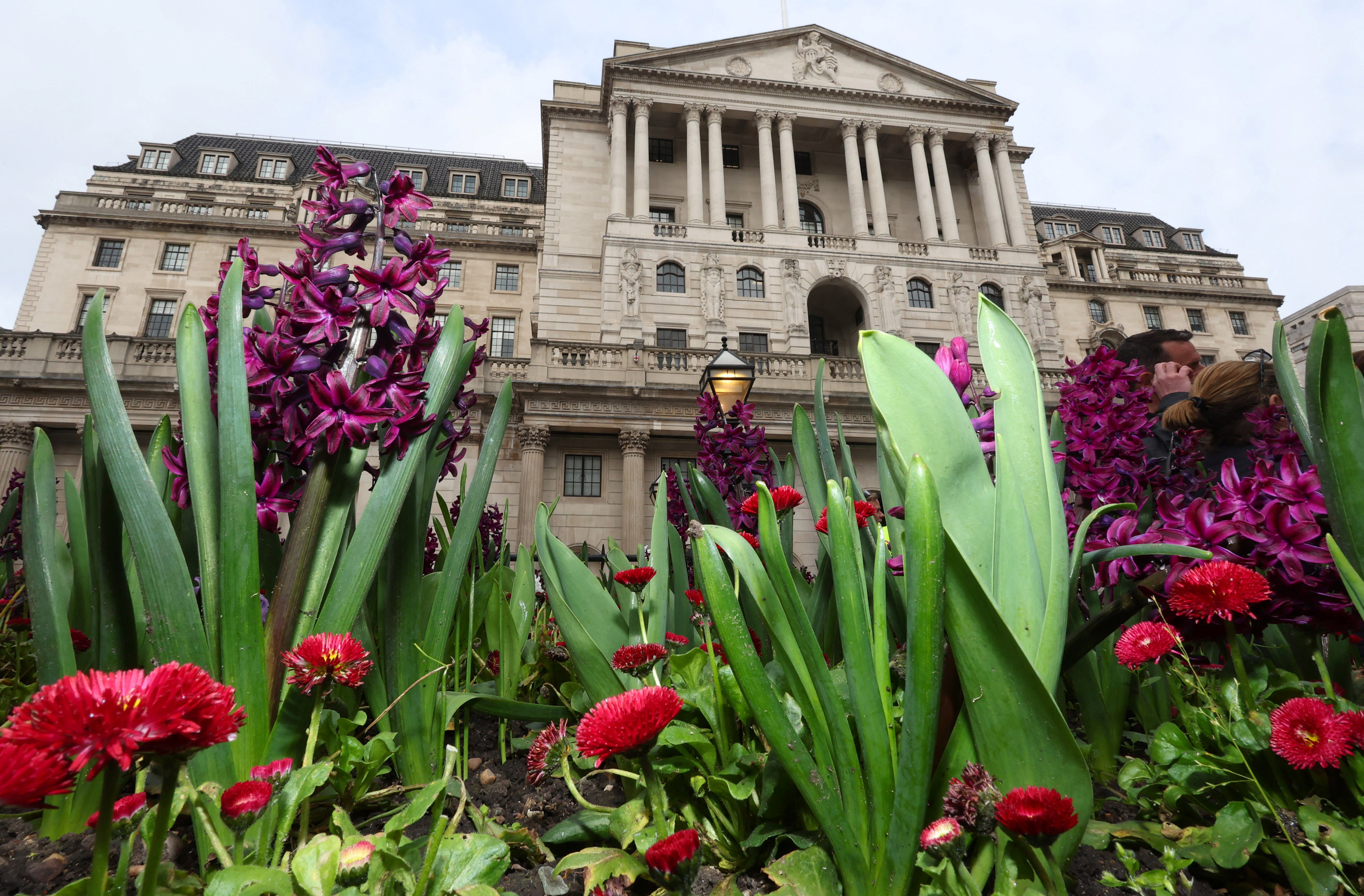Interest rates held – but a small early interest rate cut could be on the cards to help borrowers
Andrew Bailey says Britain is ‘on the way’ to interest rate cuts... but how soon? James Moore reads the runes from the Bank of England’s latest policy meeting


Is there light at the end of the tunnel for Britain’s borrowers, who have endured an extended spell of high interest rates?
For the fifth consecutive time, members of the Bank of England’s Monetary Policy Committee (MPC) decided to keep rate at 5.25 per cent. They had their fingers burned by last year’s double-digit inflation, and their concerns about persistent price pressures were all over the notes from this latest meeting.
Governor Andrew Bailey gave his strongest hint yet that “we are on the way” to rate cuts but that “further progress” is needed on inflation.
It means the BoE is not following the US Federal Reserve, which also held its rates overnight but stuck to a promise to cut headline rates by 0.75 per cent over the course of the year – news that pushed US shares to new heights.
However, it clears the way for a modest easing of the current “restrictive” policy that is squeezing Britain’s economy even as it struggles to escape last year’s shallow recession.
For a start, the composition of the MPC vote changed. Last time around, Jonathan Haskel and Catherine Mann argued for yet another rate increase while six members opted for no change, leaving Swati Dhingra as the lone member voting for a cut. This time, she was still the only one to call for a cut – but the two rates hawks joined the majority calling for no change.
Inflation, which came in at 3.4 per cent on Wednesday, has eased slightly quicker than expected. The MPC attributed much of the fall to “base effects”: energy prices were very high last year and, while they remain elevated, their return to more normal levels has a big impact. However, it also noted that the labour market has become looser and wage settlements are continuing to fall, easing its oft-expressed fear of Britain entering the sort of wage-price spiral that blighted the 1970s.
Chancellor Jeremy Hunt’s latest Budget is expected to grow the economy a little – a quarter per cent by the BoE’s estimation – but the MPC isn’t too worried that his national insurance cut might reignite inflation, not least because his controversial fuel duty freeze will work to keep it in check.
The MPC still expects inflation measured by the consumer prices index to fall below its 2 per cent target in the second quarter of this year but continues to fear a (smallish) rise later on. The heavy burden its own restrictive policy is imposing on the economy was noted.
The BoE is clearly worried about the elevated level of service price rises (6.1 per cent) and made clear its intention to keep the pressure on to ensure that it can hit the 2 per cent target “sustainably” in the “medium term”.
With that aim in mind, it reiterated its view that “monetary policy needs to be restrictive for an extended period of time until the risk of inflation becoming embedded above the 2 per cent target dissipates”.
But for borrowers desperately seeking relief, the MPC recognised that its policy “could remain restrictive” even if rates were cut, “given that it was starting from an already restrictive level”. That could be read as a hint of a small early cut, perhaps as early as the next meeting in May.
Much will depend on the next set of inflation figures from the Office for National Statistics. But the MPC certainly appears to be preparing the ground for just such a move. Borrowers shouldn’t get too excited but I think it is at least on the table.





Join our commenting forum
Join thought-provoking conversations, follow other Independent readers and see their replies
Comments